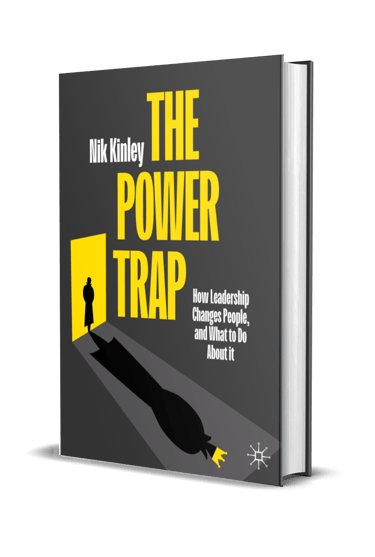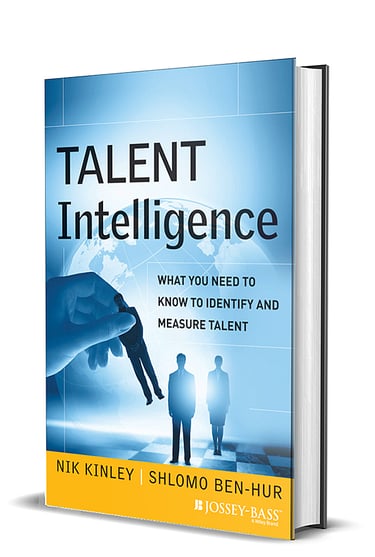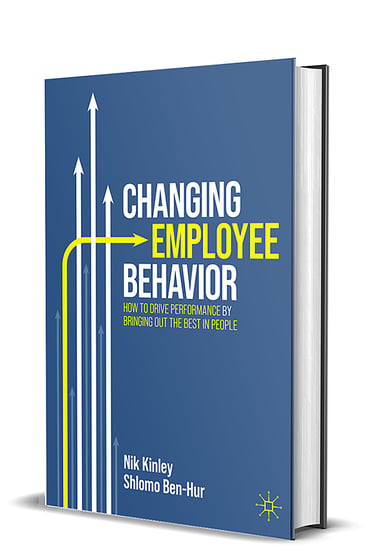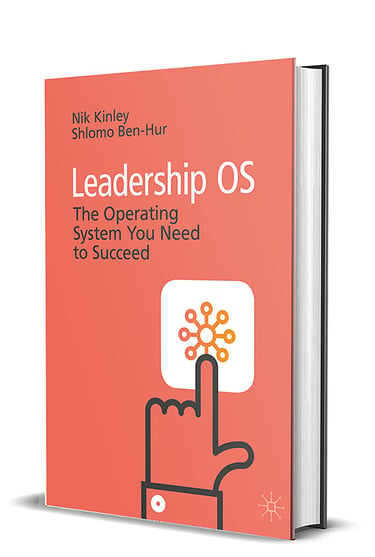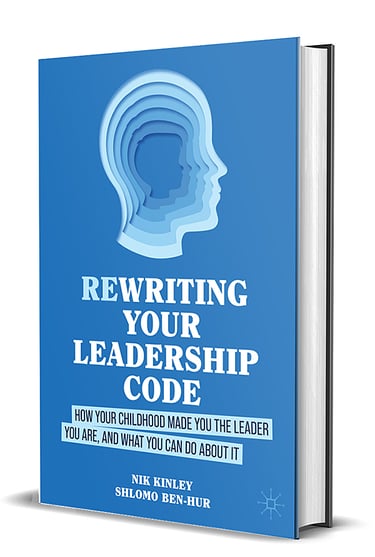BOOKS
Over the past 15 years, I've written 8 books, 4 booklets and over 100 articles, which have all tried to do the same thing: To take hard academic research, summarise it in easy-to-understand language, and then show how it can be applied and add value to businesses and their leaders.
Some of these won awards, some have been updated and re-released in new editions, and some have been translated and published into multiple languages.
The last four books are all connected. They have focused on the relationships between 5 interconnected factors: the strategic context leaders have to operate within; how they respond and behave; the impact they have; the culture they create; and the behaviours they trigger and suppress in others.
We have an entirely messed-up relationship with power. It is something that almost everyone wants, that promises much and can help us achieve great things. Yet power isn't something we openly talk about or understand, and that’s a problem. While power is an essential part of every leadership role, it is also a difficult and sometimes toxic partner that changes everyone who holds it. And often, in ways that make being a good leader much harder.
Approached carefully, however, the worst of power's negative effects can be avoided and balanced by its positives. This book shows you how.
It reveals what power does to people, and how it both affects them as leaders and the people they lead. And it shows how, in turn, leaders can affect the positions of power they hold, too.
Incorporating the latest neuroscience, the book offers clear lessons for how to successfully manage power. For leaders, it provides practical advice on how to survive having power, avoiding its worst effects. For organisations and institutions, it is about how to ensure that the people who have power are equipped and supported to thrive with it. And for us all, as people who choose and follow leaders, it is about how we can identify those most at risk of falling to power's dark side.
It thus provides a plan for how we can have a healthier relationship with power, so that as individuals we can be better leaders, and as organisations and societies we can be better led.
